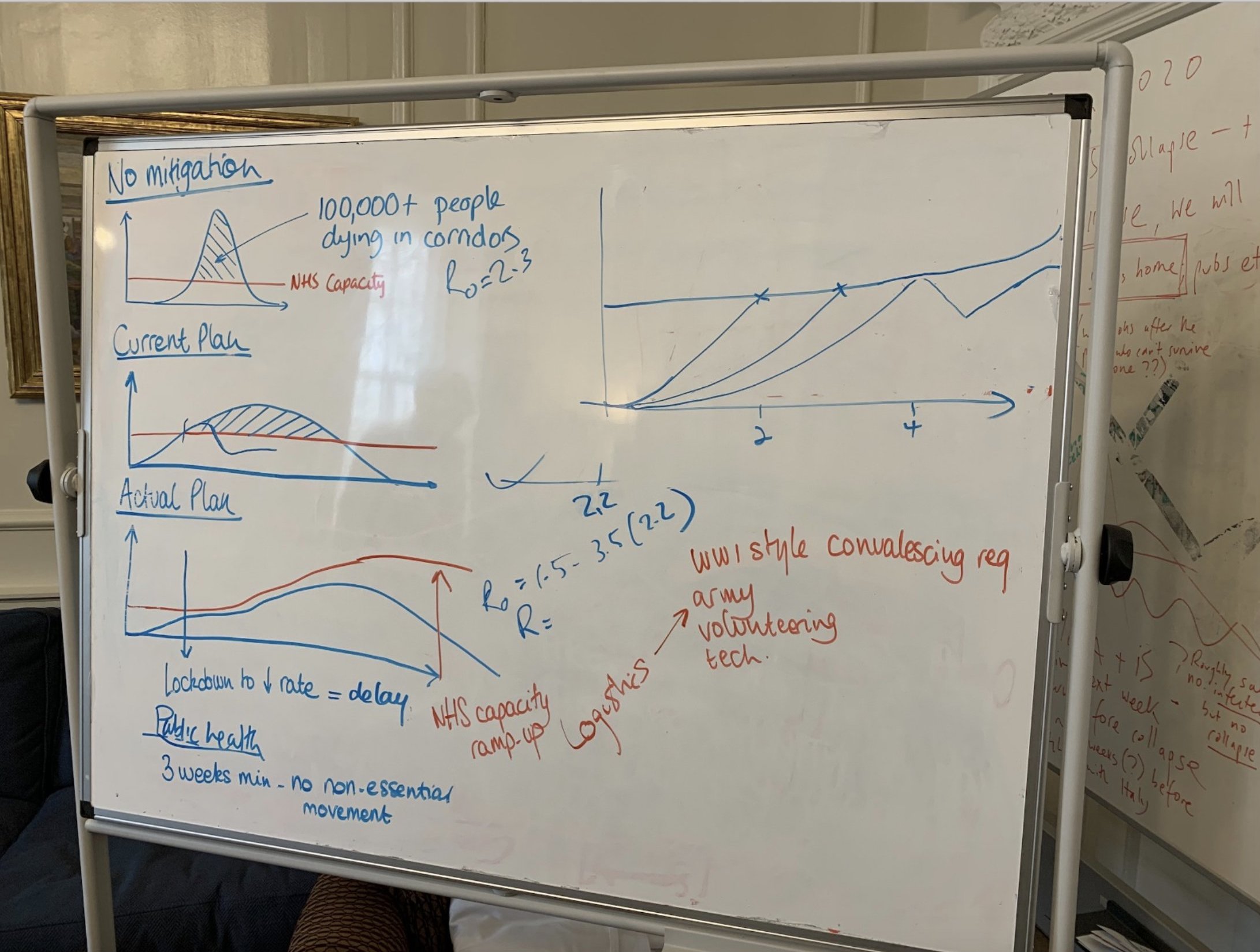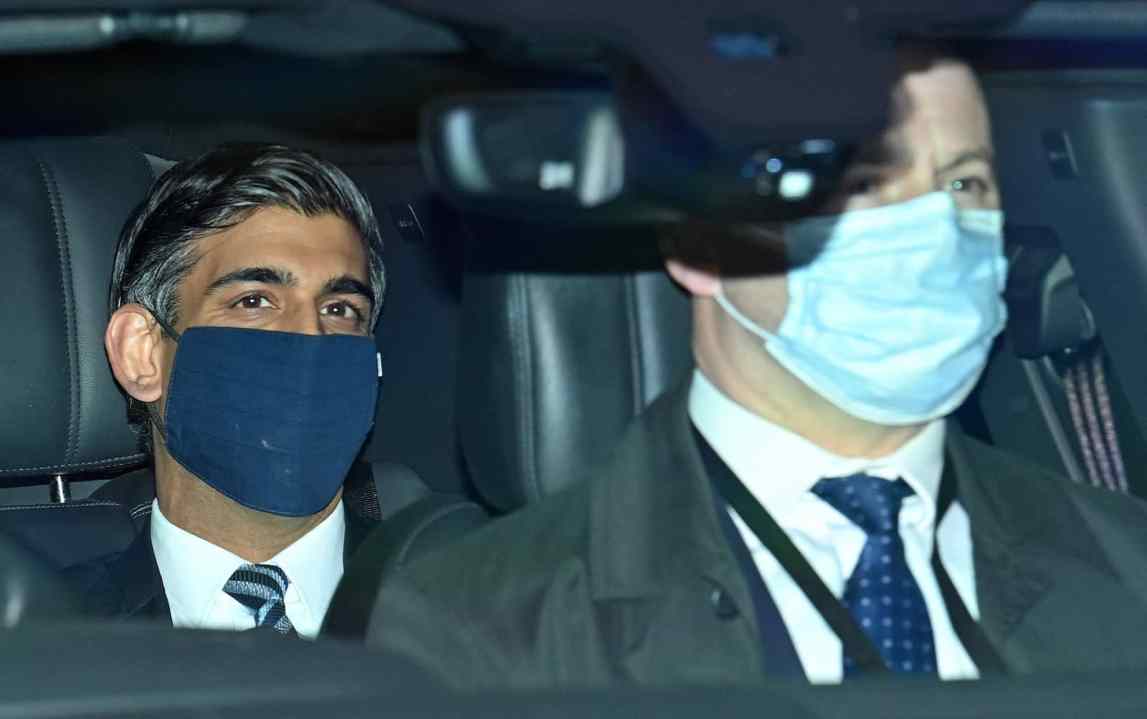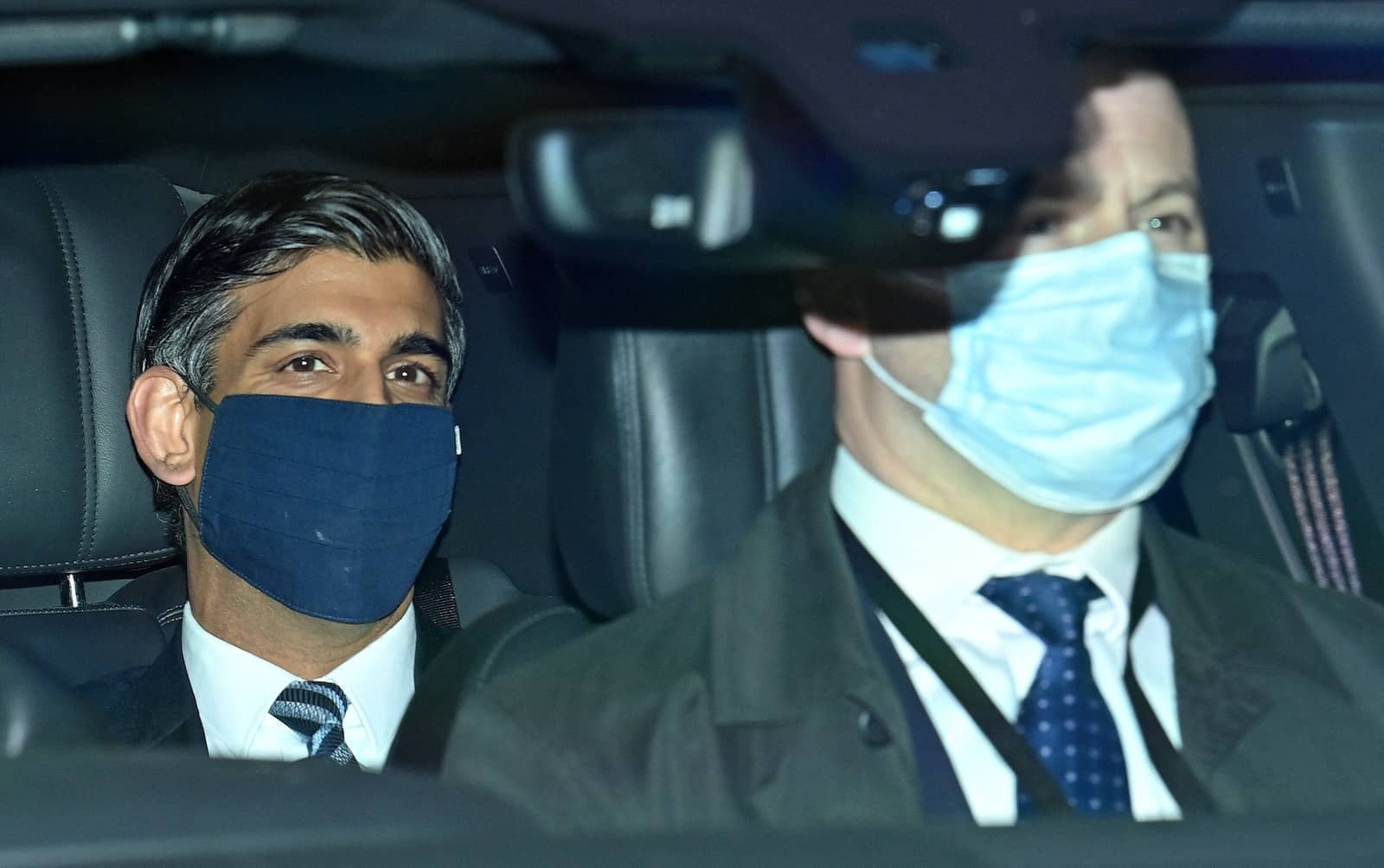Rishi Sunak presents an alarming picture of what happened during lockdown in last week’s Spectator interview – one echoed by lockdown sceptics who claim that Covid policy was a disaster, stoked by fear and based on questionable scientific advice. Worst of all, they cry, the trade-offs were not even discussed.
But none of this is true – it is Covid revisionism. I know because I sat around the cabinet table as politicians, scientists, economists and epidemiologists agonised over the extent to which lockdown would devastate lives and livelihoods. It was not an easy decision for anyone. We locked down because we knew the cost of ‘letting Covid rip’ was far more damaging to both the health and wealth of the nation. But as the pandemic fades into our collective memory – and critics try to rewrite history – it’s clear that the biggest mistake we made was not locking down but doing so too late.
I vividly remember the morning of Saturday, 14 March 2020 when, as part of a small team of advisers gathered in the Prime Minister’s office, Boris Johnson was told that the initial plan for managing the pandemic was failing. Without urgent intervention, the country’s healthcare system would collapse under the strain of tens of thousands of seriously ill patients. The challenges facing us in that first wave were immense. We knew the NHS didn’t have enough beds, there was a massive shortfall in PPE and a severely limited number of ventilators.
The initial modelling used for crucial decisions, we found out, was very wrong. A review conducted by data experts recruited by Dominic Cummings uncovered that, unless we changed course immediately, the NHS would be overwhelmed within three weeks.
When faced with the scenes we witnessed in Lombardy, would anti-lockdown advocates really have been willing to ‘let it rip’ for months on end?
The PM sat in silence as three scenarios were sketched out on a whiteboard. The first looked at no restrictions, the second at social distancing measures and the third considered a national lockdown. Only under the last option would the NHS avoid collapse. But it took the PM a week to declare a national lockdown. That decision eventually saved tens of thousands of lives.

What I don’t recognise is the idea that, as Mr Sunak suggests, lockdown’s trade-offs were never properly discussed. Since the interview, other lockdown sceptics have used his comments as evidence of a failed policy. Mr Sunak is an incredibly talented politician and Covid remains his finest hour. The furlough scheme provided a safety net for which millions remain grateful and ranks alongside the vaccine roll-out as the high point of the government’s pandemic response. However, the suggestion that the trade-offs were ignored is simply false.
As a government we asked a huge amount from the people of this country. For more than three months we told them to ‘stay home, protect the NHS and save lives’ because, having analysed the options, we knew that restricting social contact was the best action people could take to keep themselves and others safe.
But the trade-offs were highlighted daily by Chris Whitty in our morning Covid meetings. They weighed heavily on everyone involved. But we believed that – morally, politically and practically – lockdown was the right thing to do. Yes, it was a flawed, blunt tool, but it was the best one we had in a very limited toolbox. We desperately needed more time to improve NHS capacity, buy more ventilators, develop drugs, purchase PPE. And, of course, create a Covid vaccine. Lockdown gave us that time.
Or, I should say, the public gave us that time. They trusted the government. They stayed at home. They applauded NHS workers. They made a difference. It wasn’t these actions we should regret – it was the weeks wasted by a government too pusillanimous to act. The truth is that we locked down late because we had become paralysed by the fear of the trade-offs.
Opponents still say lockdown was a mistake. What do these critics think would have happened to transmission rates – rising exponentially – if we had failed to lockdown? What would they have done instead? Mr Sunak says he’d have had ‘a grown up conversation with the public.’ But what does this mean in policy terms? Do lockdown sceptics believe people would have voluntarily stayed at home and avoided social contacts, as in Sweden, so restrictions were not needed? We saw at the start of the pandemic how nebulous policy caused many problems. A directive was needed over woolly guidance.
Or is the actual, unstated argument that we should have just ‘let Covid rip’? Lockdown sceptics seem to believe that the restrictions were too onerous, that avoiding economic damage would have been worth the high mortality rates. This callous position would have been untenable, rightly, for any government. Public support for lockdown was already overwhelming and would have only increased had the situation worsened.
What would have happened had our healthcare system collapsed, with people dying in hospital corridors and carparks? Or when ambulances no longer arrived to collect those dying? And do we really think the current backlog of non-Covid conditions would be easier to deal with if the NHS had been allowed to fall apart?
When faced with the scenes we witnessed in Lombardy, would anti-lockdown advocates really have been willing to ‘let it rip’ for months on end – resulting in the needless deaths of tens of thousands continuing until a vaccine was found? Covid’s exponential growth meant that for every day that decisive action was delayed, the magnitude of the problem would soar: that’s true both for the Covid deaths and the side effects. The quicker we acted, the less painful the much-discussed trade-offs would have been. No amount of Covid revisionism can avoid that hard truth.
A shorter version of this article appears in the letters section of this week’s Spectator.







Comments